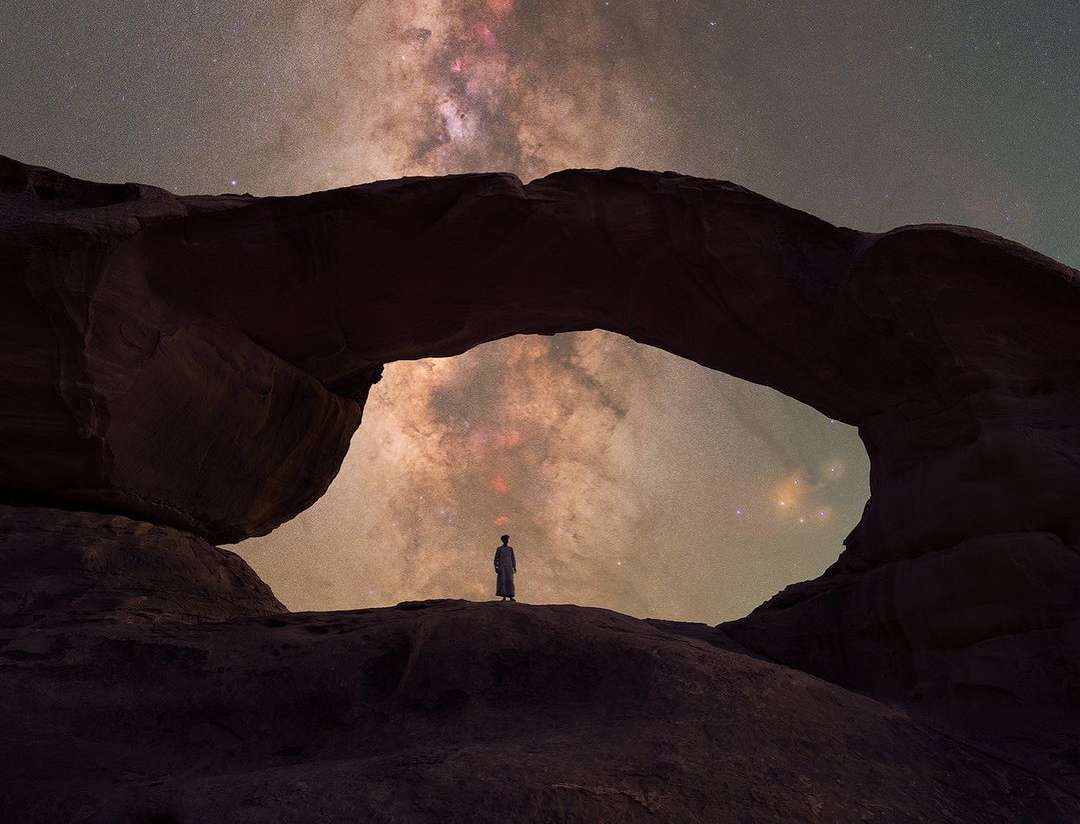Back to Blog
Carry more water than you think you'll need - at least 3-4 liters per person per day
Drink regularly, even if you don't feel thirsty
Avoid alcohol as it accelerates dehydration
Recognize dehydration symptoms: headache, dizziness, dark urine, fatigue
Apply high SPF sunscreen (50+ recommended) and reapply every 2 hours
Wear a wide-brimmed hat and UV-blocking sunglasses
Cover your skin with lightweight, loose-fitting clothing
Seek shade during the hottest hours (11 AM - 3 PM)
Use a neck scarf or buff that can be dampened for cooling
Never explore remote areas alone - always use a local guide
Inform someone of your planned route and expected return time
Carry a physical map as backup - don't rely solely on phone GPS
Take note of distinctive landmarks to help with orientation
Consider carrying a satellite communicator in remote areas
Stay calm and find shade if it's hot
Conserve water and energy
Stay where you are if possible - moving around can make it harder for rescuers to find you
Use a whistle (three short blasts is the international distress signal)
If you have phone signal, call your camp or guide immediately
Check weather forecasts before your trip
Be aware that rain elsewhere can cause flash floods in your area
Avoid narrow canyons during rainy periods
Move to higher ground immediately if water levels begin to rise
Never attempt to cross flowing water in a wadi
Watch for approaching dust clouds and seek shelter
Cover your nose and mouth with a scarf or mask
Protect electronic equipment in sealed bags
If driving, pull over and wait for the storm to pass
Turn your back to the wind and protect your eyes
Respect wildlife and observe from a distance
Be aware of scorpions and snakes - check shoes and bedding
Never put hands into rock crevices without looking first
Shake out clothing and bedding before use
Avoid touching unfamiliar plants - some desert plants have thorns or irritants
Watch where you sit - thorny plants can be difficult to spot
Use reputable tour operators with proper safety equipment
Always wear seatbelts when available
Hold on securely during off-road driving
Never stand in moving vehicles
Follow your guide's instructions carefully
Hold on properly when the camel stands up or sits down
Wear appropriate footwear that won't slip off
Keep fires small and controlled
Never leave fires unattended
Fully extinguish all fires before sleeping or leaving
Be careful with gas stoves in tents
Keep valuables secure and out of sight
Be aware of your surroundings
Use a headlamp or flashlight when moving around camp at night
Bring a comprehensive first aid kit
Carry any personal medications you might need
Know the location of the nearest medical facilities
Consider travel insurance that covers emergency evacuation
Heat exhaustion and heatstroke - symptoms include excessive sweating followed by hot, dry skin, confusion, and high body temperature
Sunburn - can be severe at desert altitudes
Blisters - from hiking in hot conditions
Stomach issues - from unfamiliar food or water
Don't count on cell service throughout the desert
Consider renting a satellite phone for remote treks
Establish communication plans with your guide or camp
Learn a few basic Arabic phrases for emergencies
Dress modestly out of respect for local culture
Ask permission before photographing local people
Follow your guide's advice about culturally sensitive areas
Respect private property and Bedouin camps

Travel Tips • March 28, 2024
How to Stay Safe While Exploring Wadi Rum
How to Stay Safe While Exploring Wadi Rum
Wadi Rum's stunning desert landscape offers an unforgettable adventure, but like any wilderness area, it presents certain risks. Following these safety guidelines will help ensure your desert experience remains enjoyable and incident-free.
Hydration and Heat Protection
Water is Essential
Sun Protection
Navigation and Getting Lost
Stay Oriented
If You Get Lost
Weather Hazards
Flash Floods
Sandstorms
Wildlife and Plants
Animal Encounters
Plant Hazards
Vehicle and Transportation Safety
Jeep Tours
Camel Riding
Camping Safety
Fire Safety
Camp Security
Health Considerations
Medical Preparation
Common Health Issues
Communication
Cultural Respect and Safety
Remember that most safety issues in Wadi Rum can be prevented with proper preparation and common sense. By respecting the desert environment, following your guide's instructions, and preparing for the conditions, you'll be able to enjoy this magnificent landscape safely.
